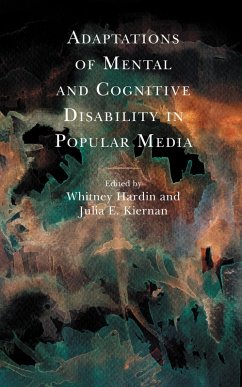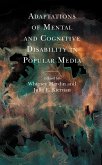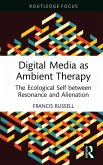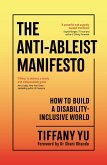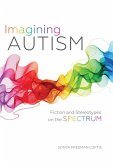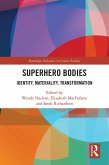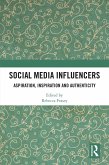Examining representations of mental difference, this collection focuses on the ways that adaptations (including remakes, reboots, and other examples of remixed narratives) can shape and shift the social contexts and narratives we use to define mental disability. The movement of narratives across media via adaptation, or within media but across time and space in the case of remakes and reboots, is a common tactic for revitalization, allowing storytellers to breathe new life into tired narratives, remedying past inaccuracies and making them accessible and relevant for contemporary audiences. Thus, this collection argues that adaptation provides a useful tool for examining the constraints or opportunities different media impose on or afford narratives, or for measuring shifts in ideology as narratives move across cultures or through time. Further, narrative functions within this collection as a framework for examining the ways that popular media exerts rhetorical power, allowing for deeper understandings of the ways that mental disability is experienced by differently situated individuals, and revealing relationships with broader social narratives that attempt to push definitions of disability onto them.
Bitte wählen Sie Ihr Anliegen aus.
Rechnungen
Retourenschein anfordern
Bestellstatus
Storno

